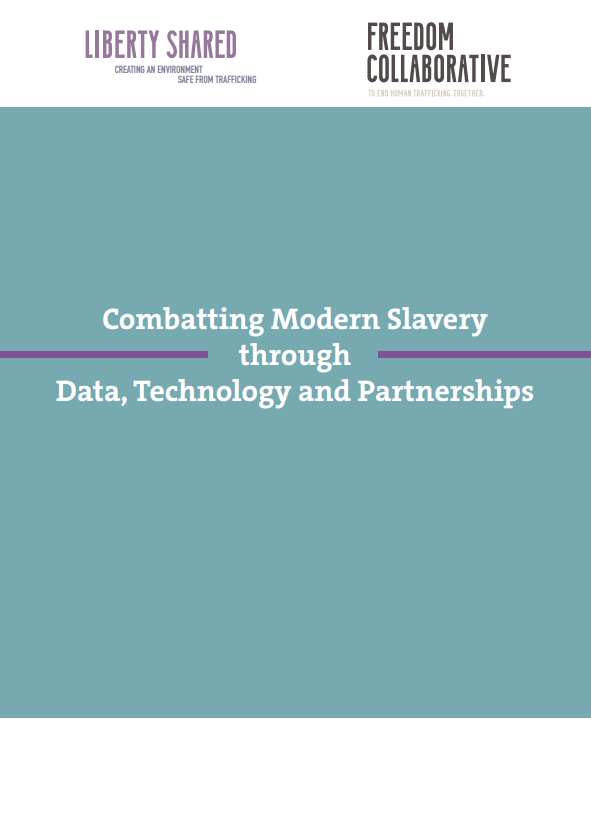A Fair Share for Georgia’s Grape Growers
PublicationsThis is one of a series of case studies to supplement the global campaign report, Ripe for Change, drawing attention to the plight of specific groups of small-scale farmers and workers in international food value chains and/or promoting successful a...Read More

